- About 30 countries are considering, planning or launching nuclear power programmes in pursuit of a safe, low-carbon energy supply
- In addition to countries with reactors under construction, many more countries are laying the groundwork for developing nuclear power programmes

Green and clean renewable energy is the only way for world energy development. As a clean and efficient energy source, nuclear power has been considered by many countries to gradually abandon nuclear power due to the accidents of Chernobyl and Fukushima Daiichi nuclear power plant. In 2022, due to the frequent occurrence of extreme climates around the world and the intensification of geopolitical risks, which will lead to factors such as tight and unstable energy supply, nuclear power will once again be put on the development agenda by many countries.
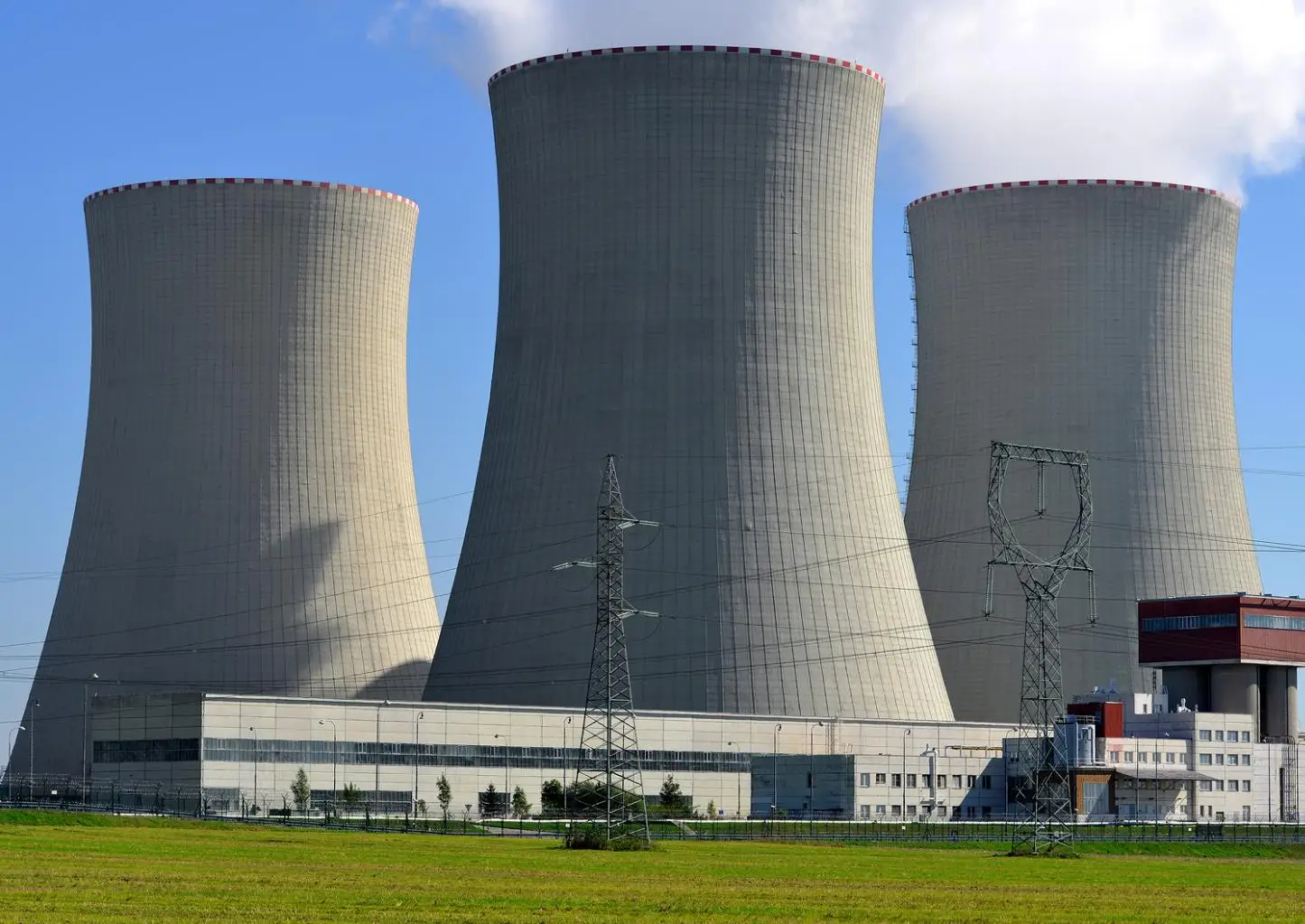
Against the backdrop of soaring global energy prices in 2022, severe energy shortages and future energy security concerns, the Japanese government, whose oil imports account for 99% of domestic demand, announced on August 24 that it will consider adding a new generation of nuclear power plants. Start up more nuclear power plants to ensure power supply. Japanese Prime Minister Fumio Kishida said at the "Green Transformation (GX) Internship Meeting" held at the Prime Minister's official residence that day that he would continue to promote the restart process of nuclear power, and after next summer, the number of nuclear power plants to restart will be increased from the current 10 to 17. In addition, the Kishida government also stated that it will discuss the development and construction of a new generation of nuclear power plant reactors, and strive to propose specific directions within the year. This marks a "major shift" in the Japanese government's nuclear energy policy of abandoning the construction of new nuclear power plants since the Fukushima nuclear accident in 2011.
Nuclear power regained recognition
Nuclear power is a clean and efficient energy source. Although the Chernobyl and Fukushima Daiichi nuclear power plant accidents have caused many countries to consider gradually abandoning nuclear power, the energy supply will be tight due to the frequent occurrence of extreme climates around the world and the intensification of geopolitical risks in 2022. Due to factors such as instability and instability, nuclear power has once again been put on the development agenda by many countries. For example, Fumio Kishida said that renewable energy and nuclear power are essential and key elements to promote green transition, and stressed that "to restart nuclear power plants, the Japanese government will take the lead in taking a series of measures", including "maximizing the use of existing nuclear power plants." The Japanese government plans to make nuclear power generation account for 20% to 22% of the electricity supply in 2030, but by 2021, Japan's nuclear power plants still in operation will generate a total of 61.2 billion kWh, accounting for only 7.2% of its total domestic power generation.
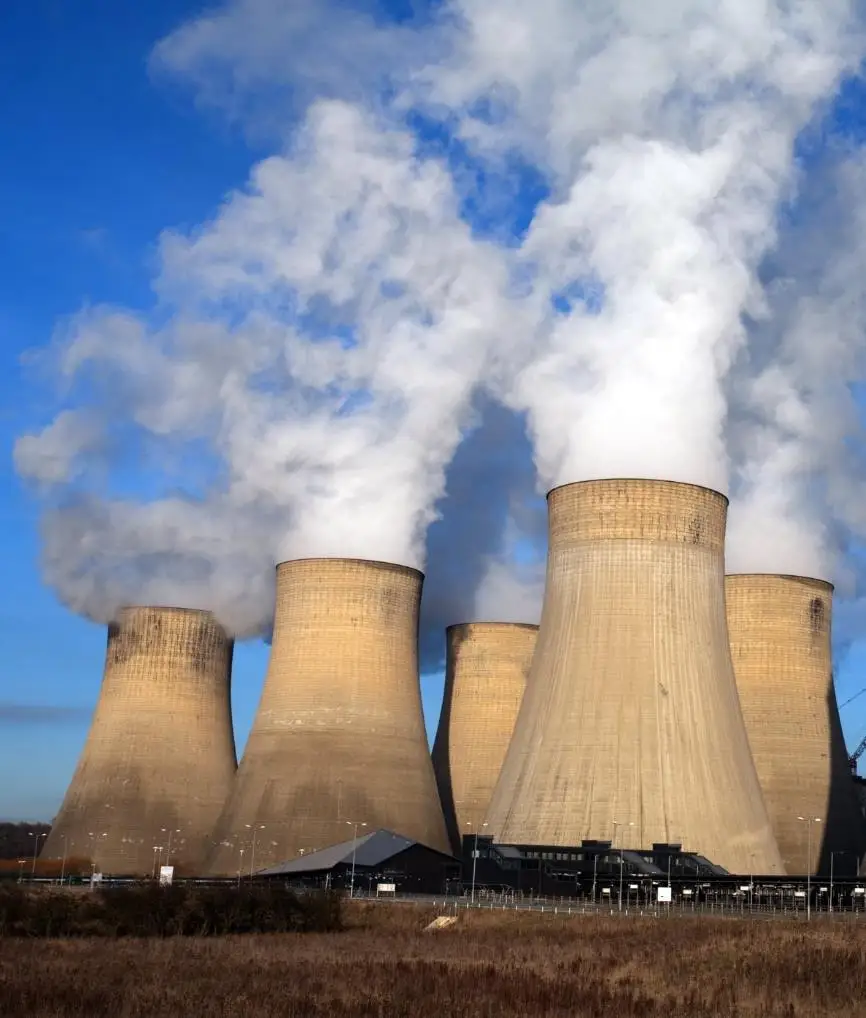
South Korea, which is also highly dependent on imports for energy, is now re-emphasizing the importance of nuclear power to the country's economic development. A few days ago, the South Korean government revised its previously formulated power supply plan to increase the proportion of nuclear power from 23.9% to 32.8% by 2030, and reduce the proportion of renewable energy from 30.2% to 21.5%. According to South Korea's news on August 31, the Ministry of Industry, Trade and Energy of South Korea announced the "10th Basic Electricity Supply Plan" (draft). The plan forecasts electricity supply and demand for the next 15 years. A central part of the plan is the proportion of nuclear and renewable power generation. The new plan reverses the previous government's policy of phasing out nuclear power and increasing the share of renewable energy.
Moreover, South Korea emphasized that nuclear power export should be implemented as a strategy. On August 18, South Korea established the "Nuclear Power Export Strategy Promotion Committee" to enhance the top-level design to enhance the competitiveness of South Korea's nuclear power exports. On August 25, the Korea Hydro and Atomic Energy Corporation announced that it had successfully received orders related to the construction of the Daba nuclear power plant in Egypt. South Korea is trying to boost its nuclear energy economy by reviving nuclear power exports. Chen Yongji, director of the Energy Industry Department of the Ministry of Industry, Trade and Energy of the Republic of Korea, said that the nuclear power industry technology is a comprehensive technology, which is of great significance to the national economic security. The committee announced at its first meeting on August 18 that it will first provide more than 1 trillion won of support to South Korean nuclear power companies in 2022 in order to restore the nuclear power ecosystem, which has been in trouble due to depleted orders. The specific contents include emergency orders of 130.6 billion won, R&D projects of 670 billion won, and financial assistance of 380 billion won to alleviate the equipment investment and operation difficulties of Korean nuclear power-related enterprises.
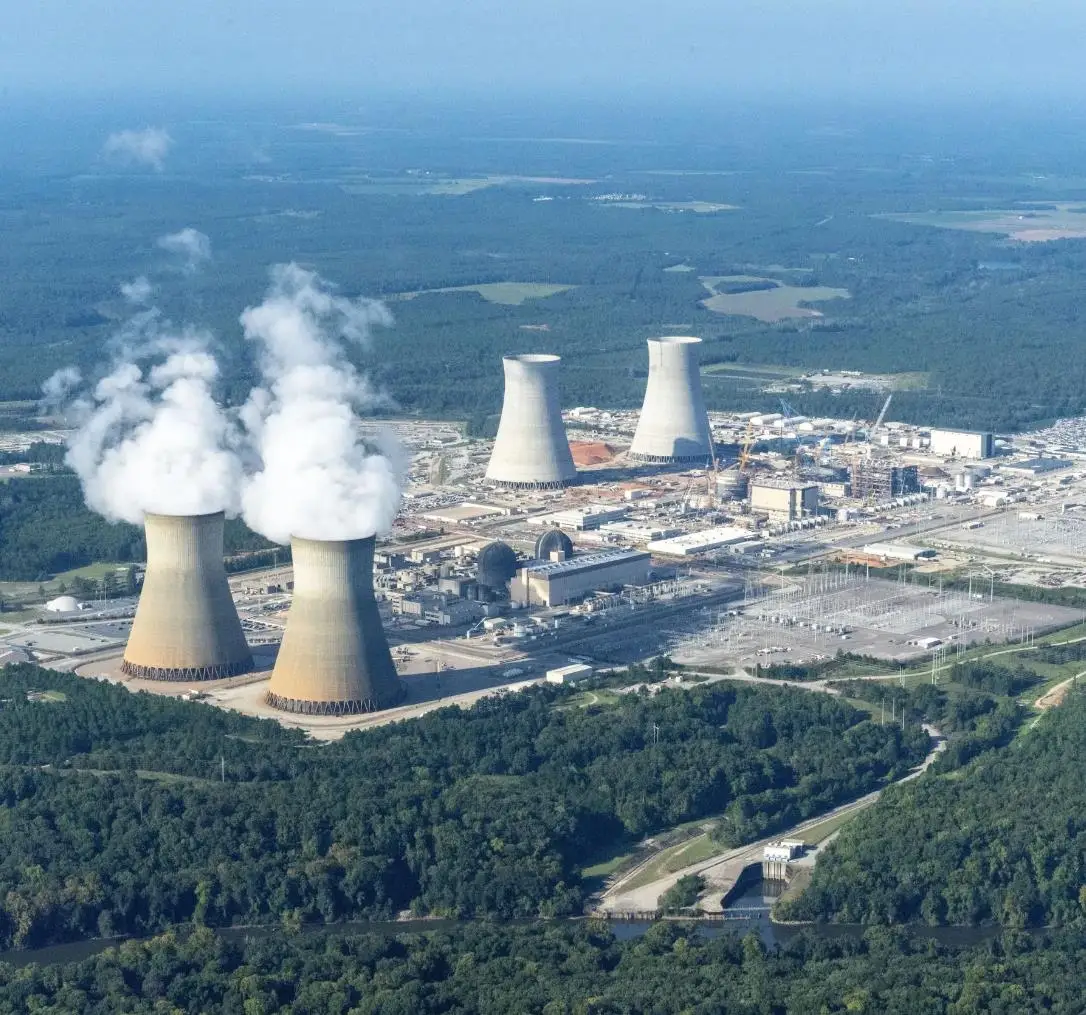
In the context of intensifying geopolitical risks and energy crises, some national policies that were already abandoning nuclear energy have also shifted. Germany, which was supposed to close the last three nuclear power plants by the end of 2022, has broken the taboo. According to the German weekly Der Spiegel, many nuclear power plants in Germany may still be connected to the grid in 2023. A poll published by the Frankfurter Allgemeine Zeitung found that around 60 percent of Germans support extending the life of the remaining nuclear power plants. German Minister of Economics and Climate Protection Robert Habeck said back in February 2022 that a delay in the shutdown could be "justified" in the context of the war in Ukraine.
The British government has been pushing ahead with its nuclear power program for years, and it has stepped up the pace of new nuclear power plants to help ease the country's growing energy problems after the Russian-Ukrainian conflict broke out. Britain's caretaker Prime Minister Boris Johnson declared when he signed a new nuclear power plant in Suffolk on August 31 that Britain would have "cheap, clean, reliable and sufficient" energy in the future. Johnson laid out the government's ambition: to approve one nuclear power plant a year, for a total of eight, by 2030. The Sizewell C project will seek private funding and is expected to cost between £20bn and £30bn, with the government investing £6bn for a 20% stake.

Europe is well positioned to restart nuclear power from its dependence on Russia and the energy crisis of 2022. On July 6, the European Parliament voted to officially adopt "natural gas, nuclear energy" as green energy. The energy crisis in 2022 is already stimulating relevant European countries to extend the life of nuclear power plants and open new nuclear power plant investments. Some observers pointed out that the official recognition will start a new wave of nuclear energy construction on a global scale. At present, 32 countries in the world use nuclear power, and nuclear power only accounts for 10% of the world's power generation. The International Atomic Energy Agency (IAEA) expects global nuclear power generation to double by 2050 at the latest. Editor / Xu Shengpeng
Comment
 Praise
Praise
 Collect
Collect
 Comment
Comment
 Search
Search



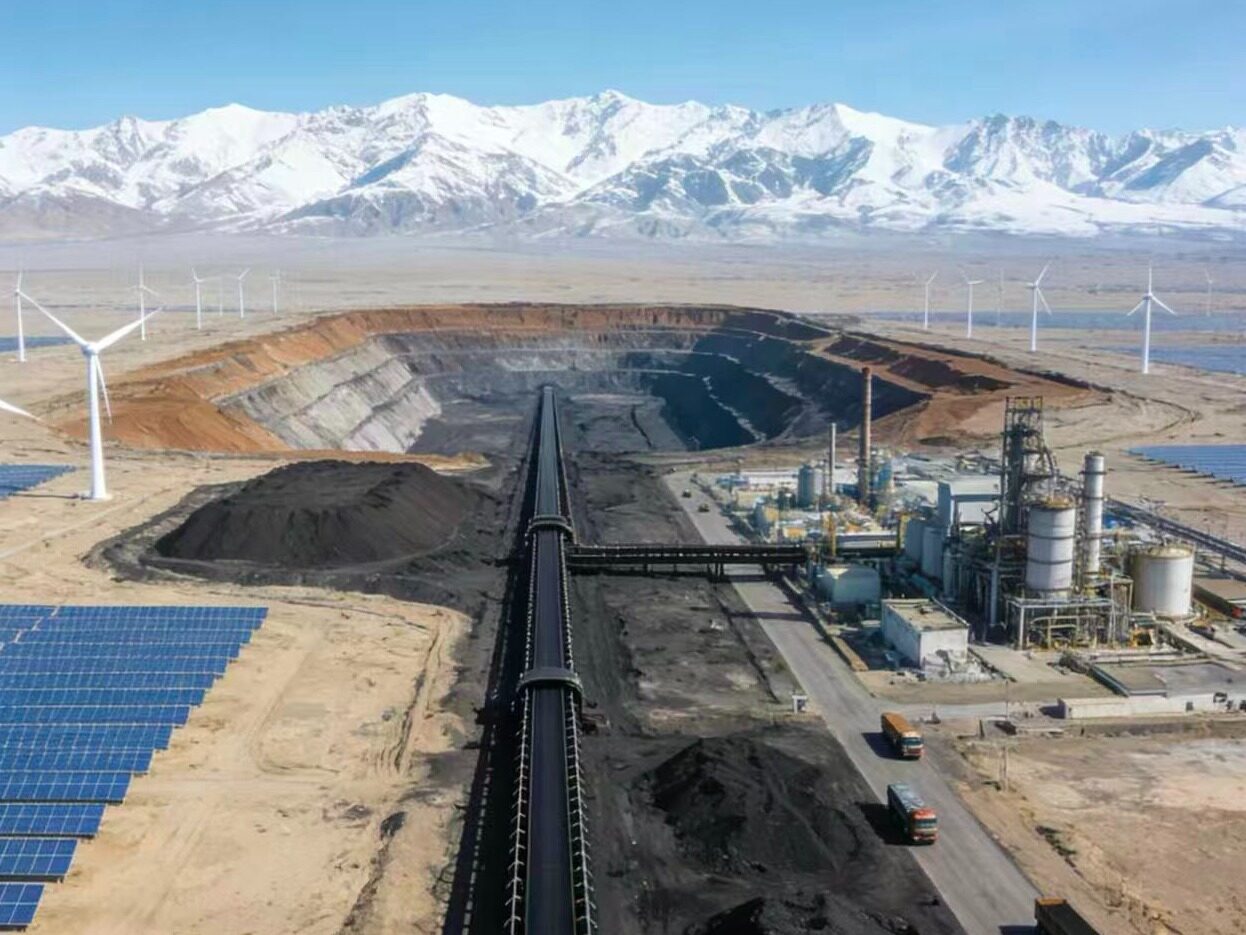

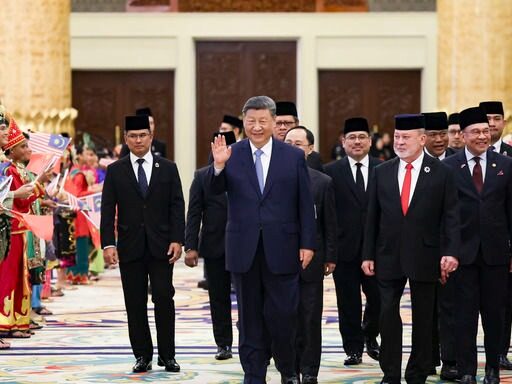

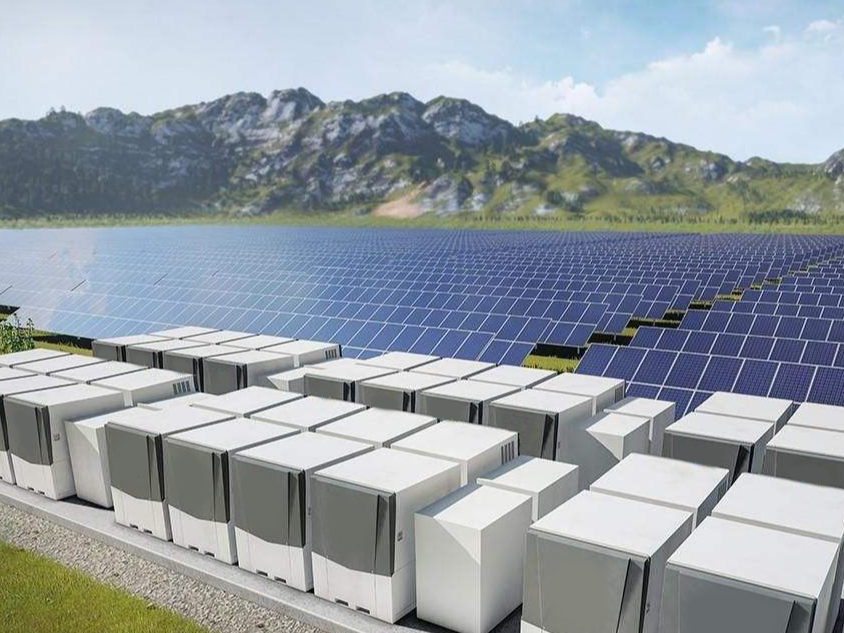






Write something~